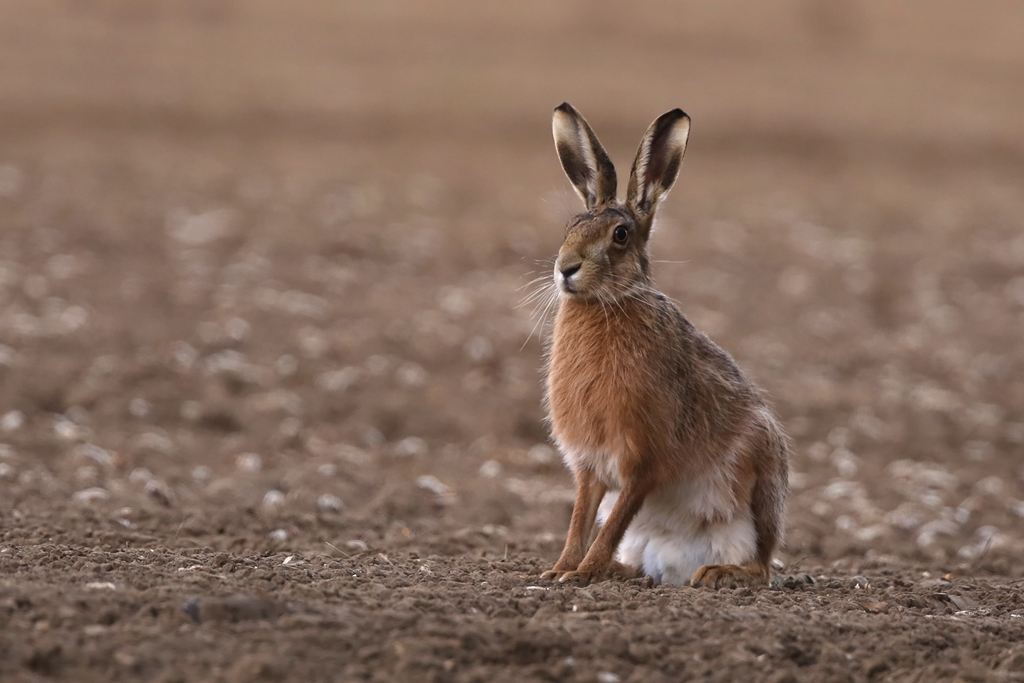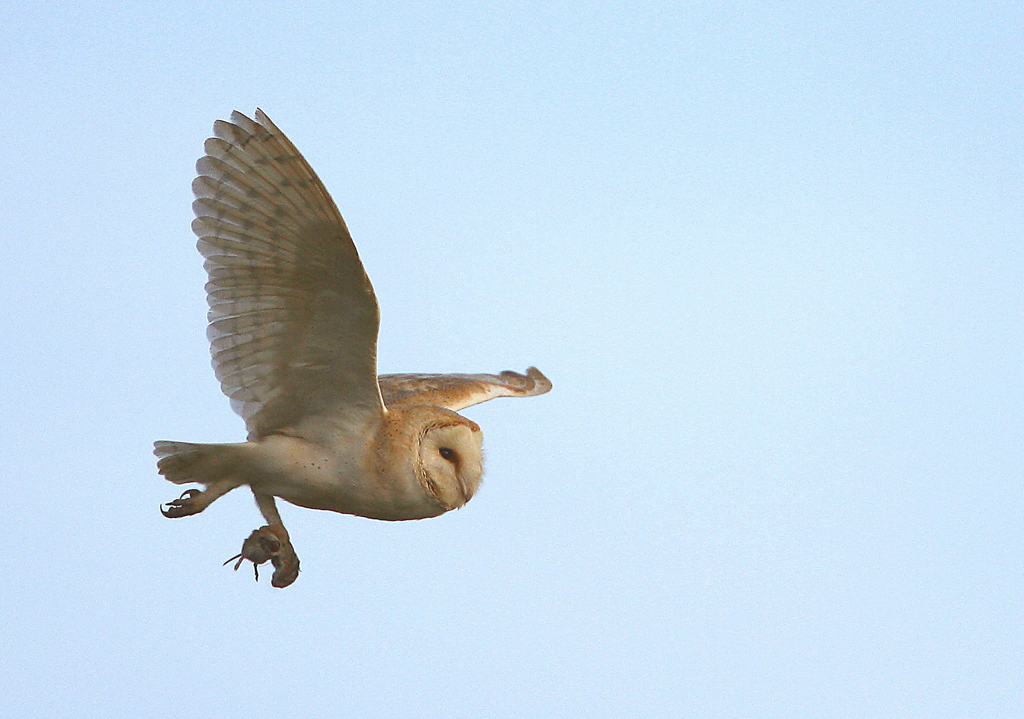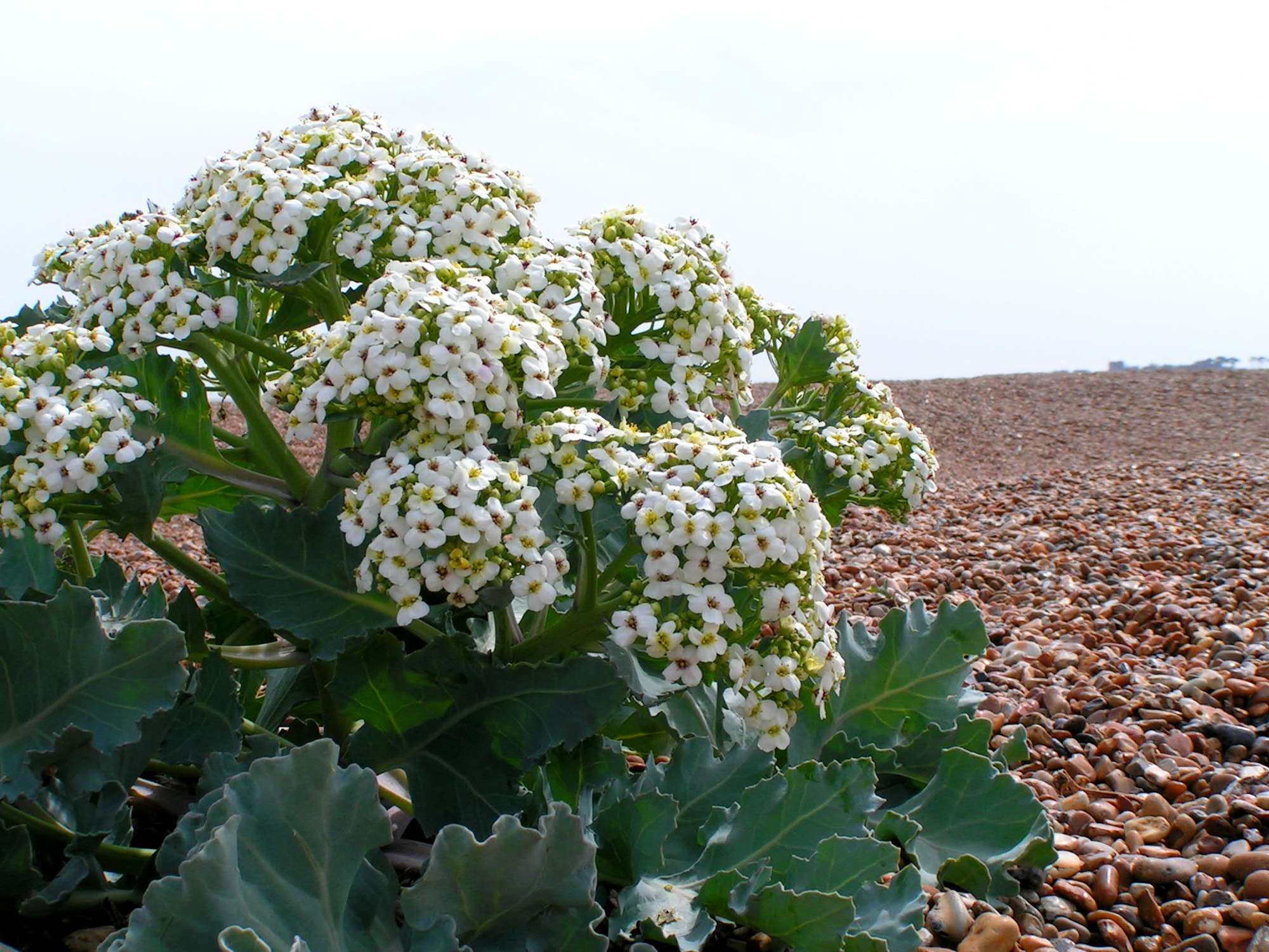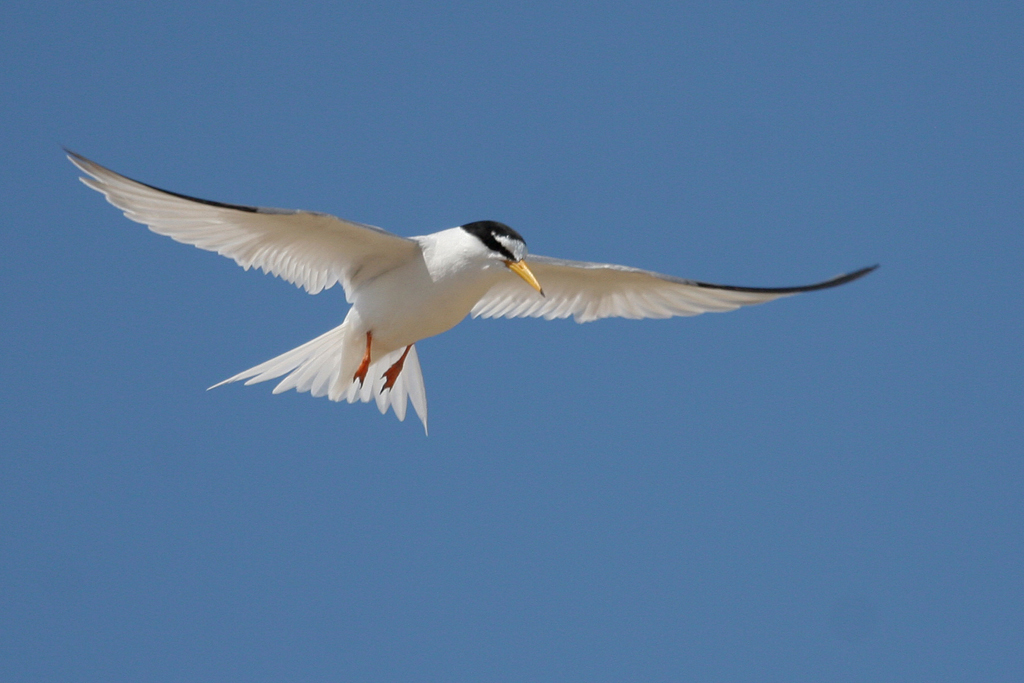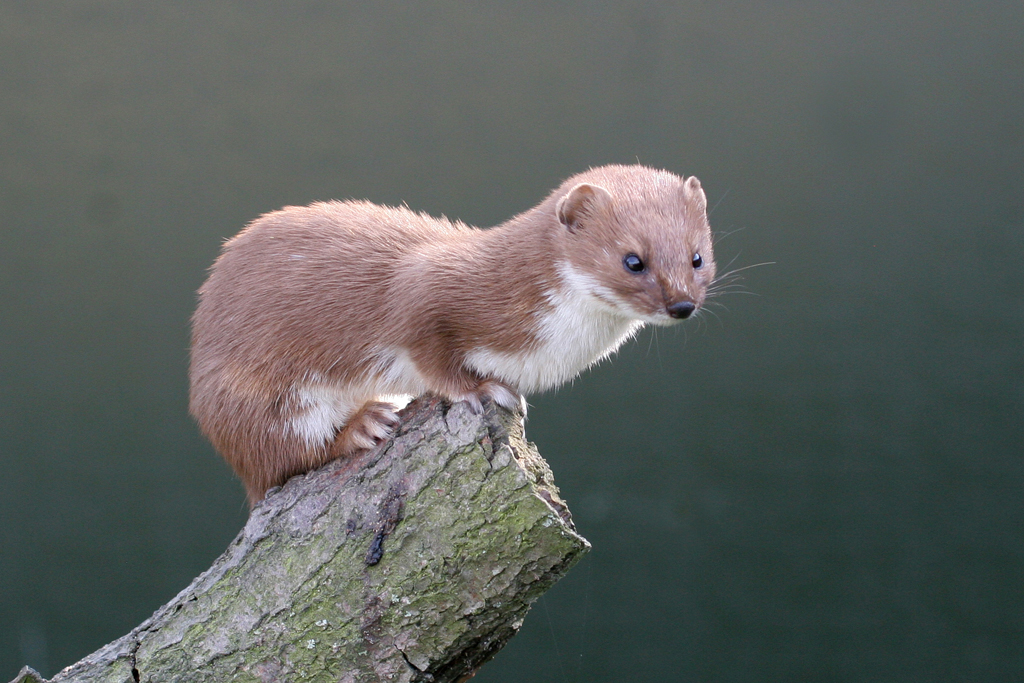Village Voices Nature Note: the Humbler Creation
01 Oct 2021
There’s plenty of public support for protecting charismatic species of wildlife like golden eagles, beavers, red squirrels, swallowtail butterflies and oak trees – even domestic alpacas, just recently. But what about the humbler creation, as the hymnist put it, of insects, beetles, and worms that actually make the world go around? Especially worms. Worms have traditionally been regarded as the lowest form of life. The word itself comes from the Latin vermes from which we get vermin, and to call someone a worm suggests they are beneath contempt. But as any farmer will tell you worms are critical to the health of the land. They devour and recycle dead vegetation, and act as tiny ploughmen to aerate, drain and fertilise the earth. The richer the soil the more earthworms there will be in it, so those worm- casts on your neatly cut lawn are more like compliments than disfigurements. It’s been estimated that in an acre of good pasture there may be a greater weight of worms under the soil than there is of live stock above it.
All the great naturalists in history have praised worms. Aristotle called them the intestines of the soil, while Charles Darwin studied them for over 40 years and observed, It may be doubted whether there are any other animals which have played so important a part in the history of the world. My favourite worm quote, however, comes from the peerless Gilbert White, curate of a small village in Hampshire, whose Natural History of Selborne (1789) is said to be the fourth most published book in the English language (after the Bible, Shakespeare and John Bunyan). White is the spiritual father of all today’s nature diarists (including me) and Selborne is the record of his daily observations in his tiny parish, which he rarely ever left. Here he is extolling the worm and making a very modern point about the interconnectedness of all life:
The most insignificant insects and reptiles are of much more consequence, and have more influence in the economy of Nature, than the incurious are aware of; and are mighty in their effect... Earthworms, though in appearance a small and despicable link in the chain of nature, yet, if lost, would make a lamentable chasm. For, to say nothing of half the birds, and some quadrupeds, which are almost entirely supported by them, worms seem to be the great promoters of vegetation, which would proceed but lamely without them.
In some cultures we become part of this chain too by eating worms – the Maori traditionally regarded them as a great delicacy; and in most others we willingly submit to the reverse process on death ...
All the great naturalists in history have praised worms. Aristotle called them the intestines of the soil, while Charles Darwin studied them for over 40 years and observed, It may be doubted whether there are any other animals which have played so important a part in the history of the world. My favourite worm quote, however, comes from the peerless Gilbert White, curate of a small village in Hampshire, whose Natural History of Selborne (1789) is said to be the fourth most published book in the English language (after the Bible, Shakespeare and John Bunyan). White is the spiritual father of all today’s nature diarists (including me) and Selborne is the record of his daily observations in his tiny parish, which he rarely ever left. Here he is extolling the worm and making a very modern point about the interconnectedness of all life:
The most insignificant insects and reptiles are of much more consequence, and have more influence in the economy of Nature, than the incurious are aware of; and are mighty in their effect... Earthworms, though in appearance a small and despicable link in the chain of nature, yet, if lost, would make a lamentable chasm. For, to say nothing of half the birds, and some quadrupeds, which are almost entirely supported by them, worms seem to be the great promoters of vegetation, which would proceed but lamely without them.
In some cultures we become part of this chain too by eating worms – the Maori traditionally regarded them as a great delicacy; and in most others we willingly submit to the reverse process on death ...
Jeremy Mynott




